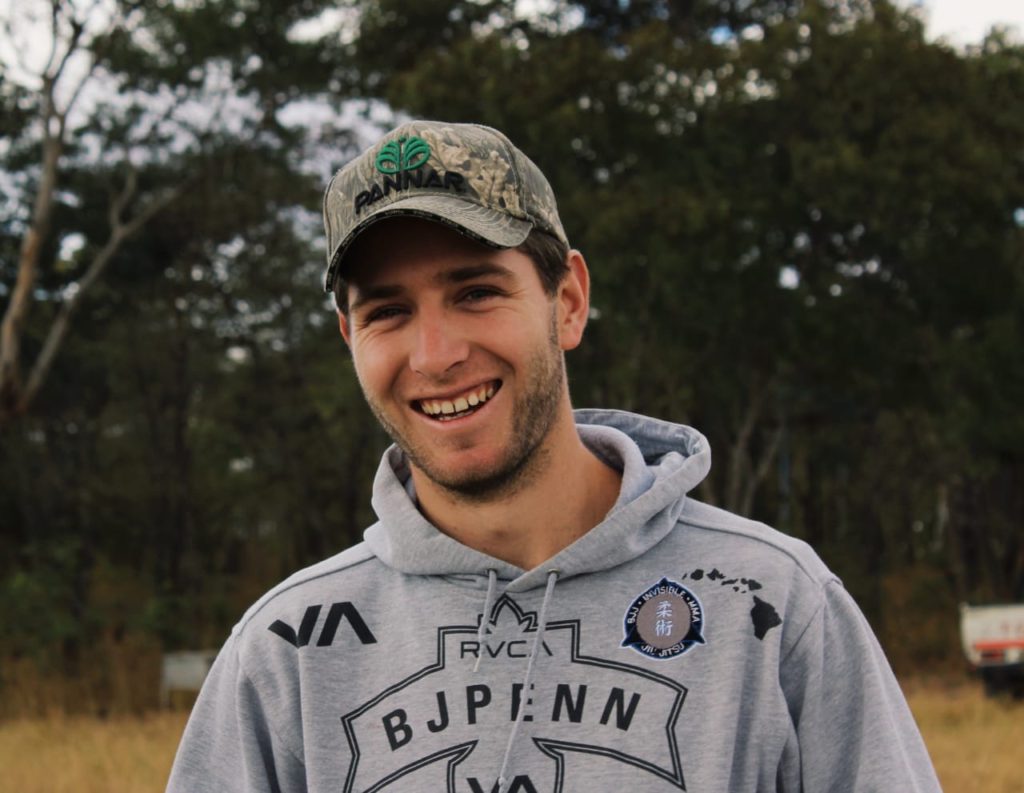Nick Swanepoel
I like to jokingly say that I was cursed with a combination of two things: being an extrovert and a stutterer.
I’ve had a stutter since the age of five. I grew up on a farm in Zimbabwe, and had a great childhood. However, the idea of a stutter is not widely understood in Zimbabwe, especially in farming communities. Growing up I felt isolated, not knowing anyone else with the same affliction definitely took its toll on my self-esteem.
Both junior school and high school were difficult at times, constantly avoiding oral presentations, readings in class, introductions and so on. Thankfully, I had a great group of friends who were always there for me.
I am what is termed a “covert” stutterer, someone who masks their stutter by substituting words for ones that are easier to say. This, however, always seemed to catch up with me when I had to introduce myself, order food, or make a phone call.
They say that 1% of the world population is affected by a speech impediment, but I didn’t come across another stutterer until I was about 21 years old.
Even though I felt alone, my parents and family were extremely supportive. They sent me to various speech therapists who tried everything, from speaking really softly to using herbal medicine to “cure” my stutter. These treatments would help for a couple of weeks and then fade away.
I feel that the problem was the lack of understanding of the stutter and a lack of a support network of other stutterers. Rather than trying to address the root cause of it, the treatments were focused on the “surface”, or what could be seen by a listener.
Personally, I view a stutter as being mostly psychological, and believe that the psychological aspect must be addressed before working towards treating the physical side. Needless to say, after many failed attempts at speech therapy, I gave up around the age of 12.
High school came and went. Although I thoroughly enjoyed my years at school, I always feel that I could’ve achieved more had I not been a stutterer. University came around, and I was accepted to Stellenbosch for a BEng Mechatronics. I was ecstatic, but this new adventure presented a whole new set of challenges in terms of my speech.
I was in Simonsberg residence for my first two years, where I made an excellent group of friends who were supportive and understanding, often introducing me to other people on my behalf when my stutter was bad. My confidence grew immensely during my time at Stellenbosch, and this definitely contributed to gaining control of my speech.
I didn’t attend any further speech therapy until I discovered the McGuire Programme, in my third year of university. It was attractive to me because of the unique approach of the course. It was founded by a stutterer, and every coach and instructor is a stutterer who has been through the course and learned the techniques. The confidence I gained from the course and the support network of other stutterers allowed me to achieve things I always deemed impossible. I joined Toastmasters, gave presentations, did job interviews and so on.
The main purpose for this intimate look into my life is for other stutterers who may read this to know that you can achieve things you never thought you could. With self-belief, hard work, and support, it is possible.
I graduated in December last year and have since been working for a fantastic multi-national company. I communicate constantly with customers and colleagues and I’m in the process of training to become a coach on the McGuire Programme, as it is something I’m very passionate about.
If you or someone you know has a stutter, please feel free to reach out to me.
Cell: +27-(74)-284-0734

*Nick studied Mechatronic Engineering at Stellenbosch University. After graduating last year he moved to Pretoria to work for Case IH Agriculture.



